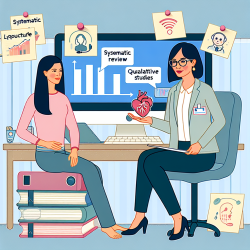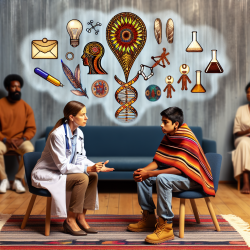Key Recommendations and Practical Applications
1. Strengthening Core Capacities
The report emphasizes the necessity for all countries to develop and maintain core capacities to detect, report, and respond to outbreaks. Practitioners can:- Advocate for regular training programs in outbreak detection and response.
- Promote the use of standardized protocols for early reporting of infectious diseases.
- Encourage the development of local health infrastructure and resources.
2. Early Reporting and Transparency
Early reporting of outbreaks is crucial for rapid response and containment. Practitioners should:- Foster a culture of transparency and early reporting within their organizations.
- Utilize economic incentives and support mechanisms to encourage timely reporting.
- Collaborate with international bodies to share data and best practices.
3. Dedicated Outbreak Response Centers
The creation of a dedicated center for outbreak response within the WHO is recommended. Practitioners can:- Support the establishment of local and regional outbreak response units.
- Participate in simulation exercises to improve readiness and coordination.
- Advocate for protected budgets and clear lines of accountability in response centers.
4. Research and Data Sharing
The report calls for a framework to govern the production and sharing of data and technology. Practitioners should:- Engage in collaborative research efforts and open data initiatives.
- Ensure ethical standards and equitable access to research benefits.
- Promote the rapid dissemination of research findings to inform public health strategies.
5. Global Governance and Accountability
Effective global response requires clear roles, robust leadership, and accountability. Practitioners can:- Participate in global health forums to advocate for systemic reforms.
- Support the creation of independent accountability commissions to oversee outbreak responses.
- Encourage the integration of health security into national and international policy agendas.
Encouraging Further Research
Practitioners should not only implement these recommendations but also contribute to ongoing research to refine and improve pandemic preparedness strategies. By staying informed and involved, practitioners can play a critical role in building a resilient global health system.To read the original research paper, please follow this link: Will Ebola change the game? Ten essential reforms before the next pandemic. The report of the Harvard-LSHTM Independent Panel on the Global Response to Ebola.










